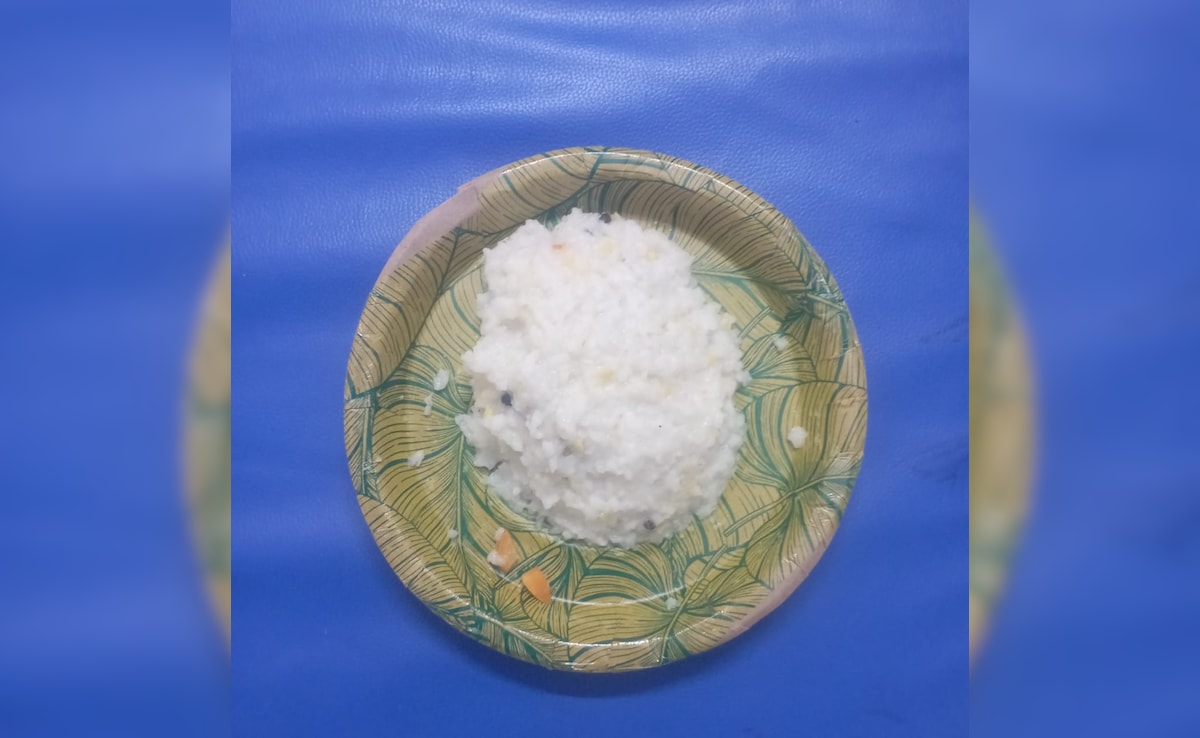An 11-year-old UK boy, Tommie-Lee Gracie Billington, died attempting the “chroming” challenge at a friend’s house.
The boy’s grandmother said, “He died instantly after a sleepover at a friend’s house. The boys had tried the TikTok craze of ‘chroming.’ Tommie-Lee went into cardiac arrest immediately and died right there and then. The hospital did everything to try and bring him back, but nothing worked. He was gone.”
What is ‘Chroming’ – the latest trend on TikTok?
Chroming, a risky recreational activity, involves inhaling hazardous household chemicals and substances such as nail polish remover, hairspray, aerosol deodorant, lighter fluid, gasoline, paint thinners, spray paint, and permanent markers, as outlined by the Royal Children’s Hospital Melbourne.
This form of drug use creates a brief euphoric effect, but according to the American Addiction Centers, it is dangerous and can lead to adverse effects like dizziness, vomiting, cardiac failure, and brain damage.
When inhaled, these chemicals are absorbed into the bloodstream through the lungs and can affect various organs. The cognitive abnormalities caused by inhalants range from mild impairment to severe dementia. Regular inhalant use is associated with high rates of depression, anxiety, and other substance abuse issues, according to the Alcohol and Drug Foundation based in Australia. While inhalants may not directly cause these disorders, their use can trigger or exacerbate them. Additionally, individuals regularly using inhalants are more likely to experience stressful events, according to the Alcohol and Drug Foundation.
Long-term exposure to these toxic inhalants, as indicated by a 2018 study, can result in memory loss, lower IQ, an inability to concentrate, and impaired judgement. Another variation of chroming involves inhaling “whippets” (also known as “laughing gas” or “hippy crack”), referring to cartridges filled with nitrous oxide. Although these cartridges are legally used to inflate balloons, inhaling them for recreational purposes is illegal.
According to a 2017 National Survey on Drug Use and Health report, approximately 684,000 adolescents aged 12 to 17 engaged in huffing or inhaling toxic chemicals in 2015. The report also highlighted a total of 1.8 million individuals aged 12 and older participating in this practice that same year, with inhalant use typically decreasing with age. Around one in five kids have used inhalants by the eighth grade, reports the DEA.














